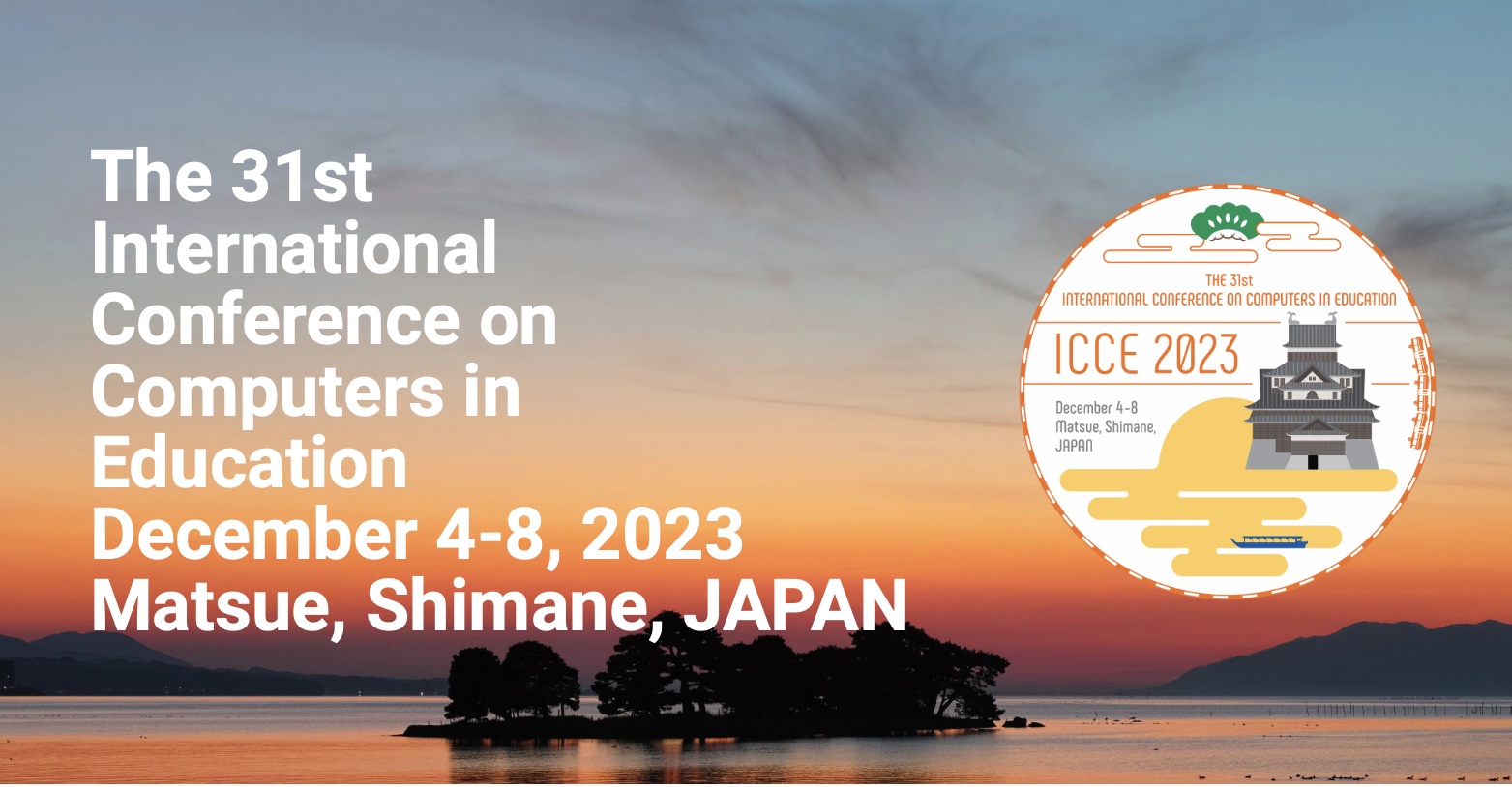BEAM at ICCE2023, Multimodal assessment of a classroom-adapted self-regulatory relaxation task

A paper from BEAM will be presented at the The 31st International Conference on Computers in Education, held in Matsue, Japan in December.
Paper. Marc Beardsley, Batuhan Sayis & Marta Portero-Tresserra, Multimodal Assessment of an Ultra-Brief Practice of Progressive Muscular Relaxation Adapted for the Classroom, 31st International Conference on Computers in Education, Japan, December 2023.
Abstract. Progressive muscular relaxation (PMR) is a technique often used in clinical settings for reducing physical symptoms of anxiety and improving well-being. This paper presents a comparison of psychological and physiological effects of an ultra- brief, video-guided PMR activity (uPMR) that has been adapted for classroom settings and a time-matched control activity (CA); and student opinions of uPMR to gauge its acceptability for use in formal educational settings. Forty undergraduate students (18- 25 years) from a Spanish university participated in the study in which measures of state anxiety (State-Trait Anxiety Inventory, STAI), affect (Affective Slider, AS), and parasympathetic nervous system (PNS) activity indexed via the heart-rate variability parameter root mean square of successive differences (RMSSD) were conducted. Results show that RMSSD was significantly higher during uPMR than when measured before. The same effects were not found with CA. Additionally, participants rated the design of uPMR more favorably and acceptable for use in formal educational settings than CA. Significant changes in affect and state anxiety; and sustained physiological effects were not detected, suggesting that the brevity of the activity may dampen its effects. The findings related to the physiological effects and student opinions support the notion that uPMR possesses promising characteristics for use in situated teaching and practice of self-regulatory techniques aimed at reducing physiological arousal on an acute basis. Hence, it can be considered an appropriate activity to integrate into technologies that support teachers in creating opportunities for self-regulation in the classroom and guiding students through evidence-based self-regulation practices.
